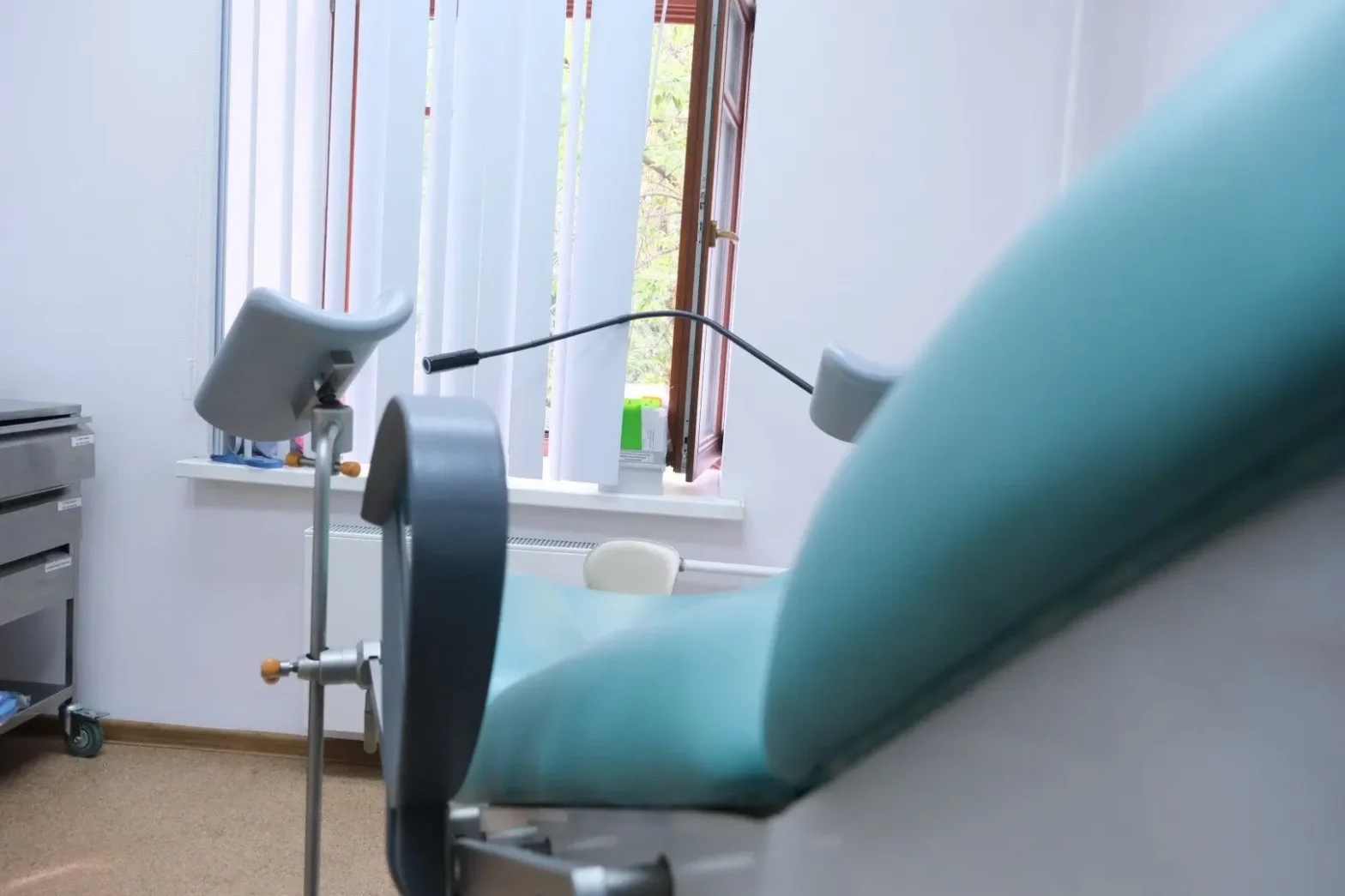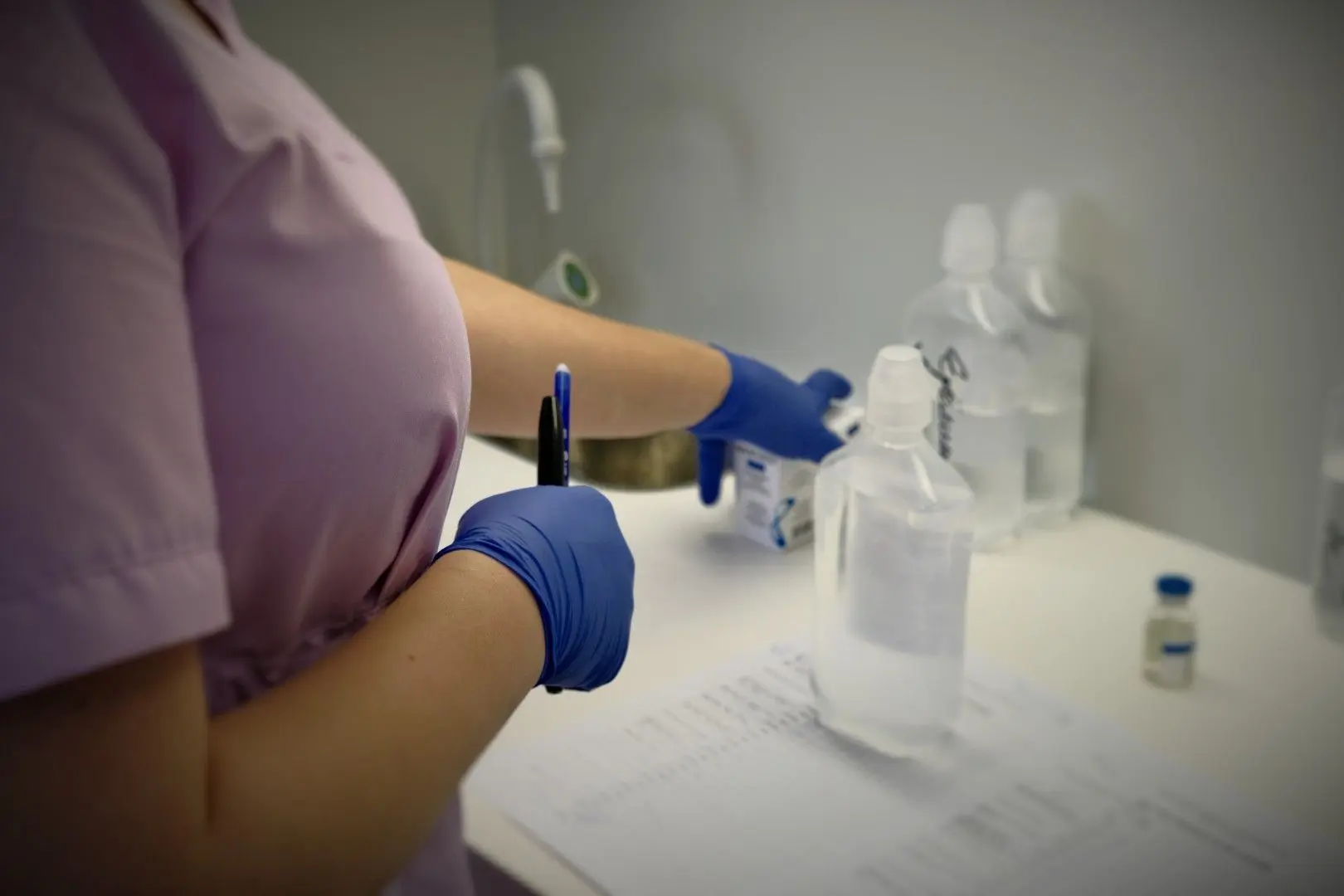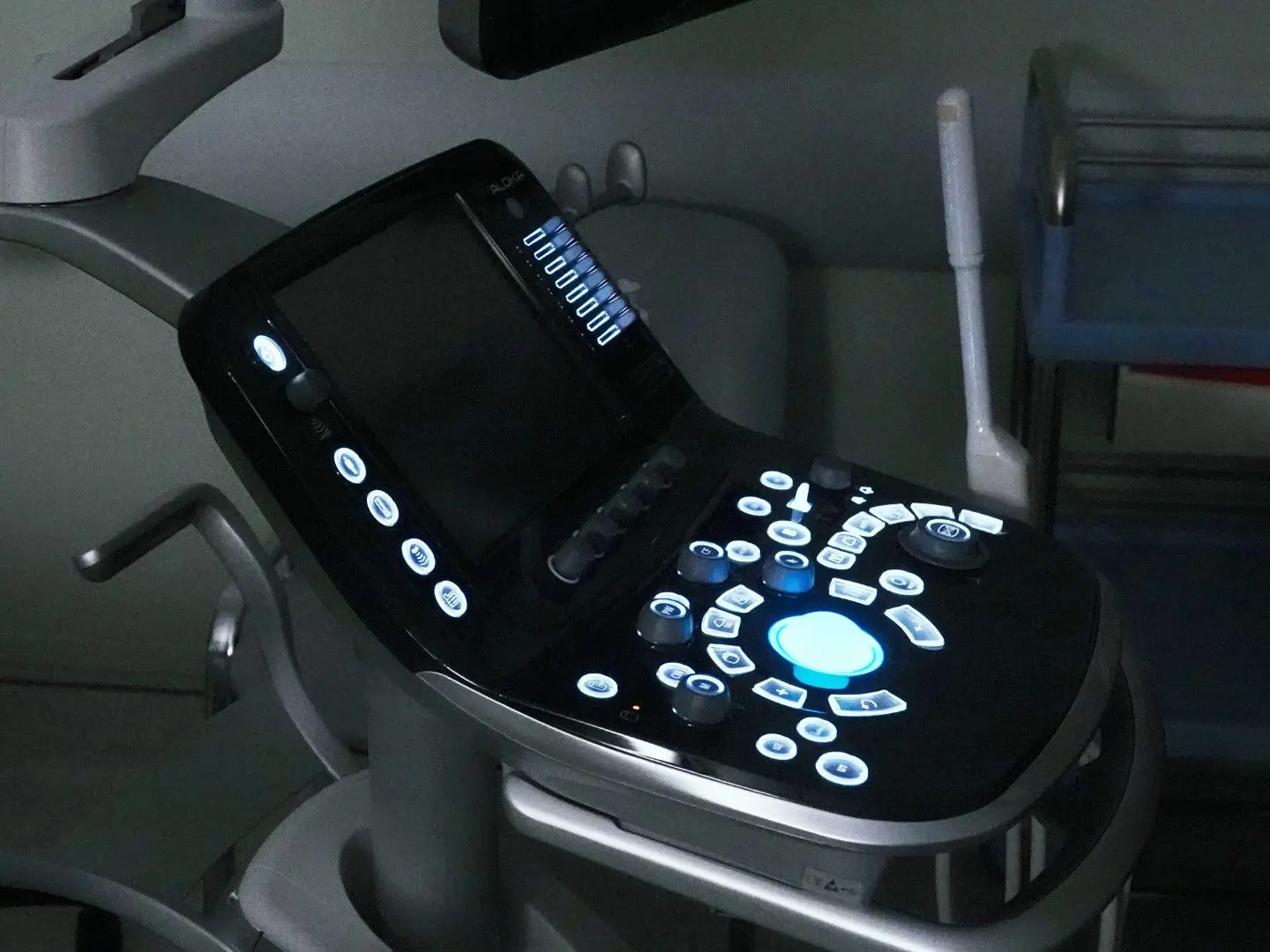
Outpatient gynecologist appointment
N. Lopatkin Scientific Research Institute of Urology and Interventional Radiology Contact Center:
+7 (499) 110 40 67
An outpatient gynecologist appointment is an essential part of maintaining women’s health. Visiting a gynecologist regularly helps detect and prevent gynecological diseases early, as well as receive guidance on reproductive health.
Outpatient gynecology plays a vital role in the diagnosis, treatment, and follow-up care of women with suspected or confirmed malignant tumors. It allows for timely detection and intervention, helping to improve outcomes and maintain quality of life.
Outpatient gynecology is a modern and convenient format of providing medical care to women without requiring hospitalization. It includes diagnosis, treatment, and prevention of a wide range of conditions affecting the female reproductive system.
Patients can receive consultations, undergo examinations, provide lab samples, have ultrasounds performed, or be referred for additional tests — all as part of the comprehensive services offered within outpatient gynecology.
A particular focus is placed on prevention and early detection. Regular outpatient visits help to identify changes in the body in time and avoid complications.
Outpatient gynecology also offers personalized treatment plans without disrupting a patient’s daily routine, work, or studies. With flexible scheduling and comfortable conditions, outpatient gynecology is becoming increasingly popular among women of all ages.
These visits include not only diagnosis but also treatment of identified conditions.
Treatment of gynecologic cancers and disorders
Treatment of gynecologic cancers and related conditions is carried out comprehensively and individually, based on the diagnosis, stage of the disease, age, reproductive goals, and any coexisting conditions.
At the N. Lopatkin Scientific Research Institute of Urology and Interventional Radiology (SRIUIR) – the branch of the FSBI “National Medical Research Radiological Centre” of the Ministry of Health of the Russian Federation — treatment is provided based on up-to-date clinical guidelines and using advanced technologies.
Main Types of Gynecologic Cancers and Pathologies:
- Cervical cancer
- Endometrial (uterine) cancer
- Ovarian cancer
- Vulvar cancer
- Benign and precancerous conditions: cervical dysplasia, endometrial hyperplasia, ovarian cysts, fibroids, polyps, etc.
Gynecologic cancer treatment methods
Treatment methods for gynecologic cancers are tailored individually, depending on the diagnosis, disease stage, and overall patient health. For localized tumors, surgery remains the primary treatment. This may involve removal of the uterus (hysterectomy), adnexa, or lymph nodes, and can be performed via open surgery, laparoscopy, or robot-assisted techniques. For benign conditions, organ-preserving surgeries are often possible, allowing fertility to be maintained.
Radiation therapy plays an important role and can be used as a standalone treatment or in combination with others. It may be external or internal brachytherapy, including post-operative or when surgery is not feasible.
Chemotherapy is used for advanced cancers, such as ovarian cancer, and may be administered before surgery (neoadjuvant) or after (adjuvant). Modern drugs reduce side effects and increase treatment efficacy.
Hormone therapy is prescribed for hormone-dependent tumors, such as endometrial cancer. It can be used alone or as part of a combination approach.
In addition, targeted therapy and immunotherapy are being increasingly used. These innovative treatments act directly on tumor-specific molecular targets or stimulate the body’s immune system. They are prescribed based on molecular genetic analysis of tumor cells.
All treatment methods are combined according to international standards and managed by a multidisciplinary team. This collaborative approach helps achieve optimal outcomes while preserving patients’ quality of life.
Patients receive care from a medical council that includes oncogynecologists, radiologists, chemotherapists, and interventional surgeons — ensuring a comprehensive and effective strategy.
After treatment, regular follow-up visits with tests and examinations are crucial. Outpatient gynecology appointments can be part of long-term monitoring and help detect any changes early to preserve health.
In cases of benign or precancerous changes, sometimes observation, medication, or minor procedures are sufficient.
When pregnancy is planned, every effort is made to preserve fertility if medically possible. This decision is made individually, based on the diagnosis and general condition.
Regular outpatient visits should become a routine part of life.
What happens during a gynecologist appointment?
Many women prefer outpatient visits for routine check-ups.
A typical appointment begins with a conversation during which the doctor reviews symptoms, medical history, and other important details. This is followed by an exam on a gynecological chair, and if necessary, sample collection and an ultrasound. Based on the results, the doctor provides recommendations, prescribes tests, and outlines treatment.
The initial consultation is an introduction that lays the foundation for a trusting relationship. The doctor gathers essential information about your health, educates you about your body, and answers all your questions. At our consultation and diagnostic center, appointments take place in a comfortable, stress-free environment. A personalized diagnostic and treatment plan is developed during this first visit. Being open and honest is crucial — it ensures an accurate diagnosis and successful care.
A follow-up consultation is needed to review test results, confirm a diagnosis, adjust treatment plans, or assess the effectiveness of therapy. It can also be part of routine monitoring.
What questions does a gynecologist ask during a visit?
Typical Questions a Gynecologist May Ask:
- When was your last menstrual period and what is your cycle like?
- Are you experiencing pain, discharge, or itching?
- Are you sexually active, and do you use contraception?
- Do you have any chronic illnesses or a history of surgeries?
These questions help build a complete clinical picture. Don’t be afraid — they are essential for accurate diagnosis and effective treatment. If your cycle is irregular or you notice concerning symptoms, schedule a gynecologist visit as soon as possible even if you have no complaints, a preventive check-up is still recommended.
How to prepare for a gynecologist appointment?
- Refrain from sexual activity 1–2 days before the visit.
- Avoid using vaginal suppositories, douching, or intimate hygiene products.
- Preferably schedule the visit outside your menstrual period, unless it is urgent.
- Bring your ID, insurance card or passport and any previous test results if available.
What you need to take to your gynecologist appointment?
- Passport and health insurance documents (mandatory or voluntary).
- Medical records or previous lab and diagnostic results.
- Optional: a change of underwear and wet wipes for comfort.
An outpatient gynecologist appointment is not just for diagnosis and treatment — it’s also an opportunity to discuss any concerns related to women’s health. Even in the absence of symptoms, you can visit to plan a pregnancy, choose contraception, or simply for preventive care.
Your doctor can also help prevent and manage conditions such as cervical erosion, endometriosis, fibroids, and ovarian cysts. Additional tests may be recommended, including pelvic ultrasounds, infection screenings, hormone panels, or tumor markers.
Special attention is given to women of different age groups: adolescents, women of reproductive age, pregnant patients, and those in menopause — with tailored approaches for each.
Many women feel nervous before a gynecologist visit, but it’s important to remember that your doctor is a trusted specialist with whom you can openly discuss intimate issues. Consultations are always confidential.
Regular gynecologist visits are key to lifelong women’s health. Even if nothing is bothering you, having a preventive check-up once or twice a year provides peace of mind and helps you stay healthy.
Scheduling a gynecologist appointment
You can book an appointment through the reception desk, by calling the clinic, or online via the website. Convenient time slots are usually available, including evenings and weekends.
Outpatient gynecology services are offered at the N.A. Lopatkin Research Institute of Urology and Interventional Radiology, a branch of the National Medical Research Center for Radiology.
This leading medical center provides outpatient care using modern techniques. Specialists offer comprehensive evaluations, including consultations, examinations, ultrasounds, and lab diagnostics — all with an individual approach.
Appointments are available both through referrals and on a self-pay basis. Details are available on the institute’s official website or by phone.
Regular doctor visits are not just about prevention — they’re about peace of mind. An outpatient gynecologist appointment is a vital step toward preserving women’s health.






